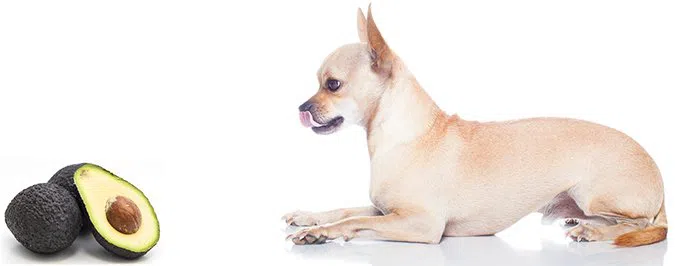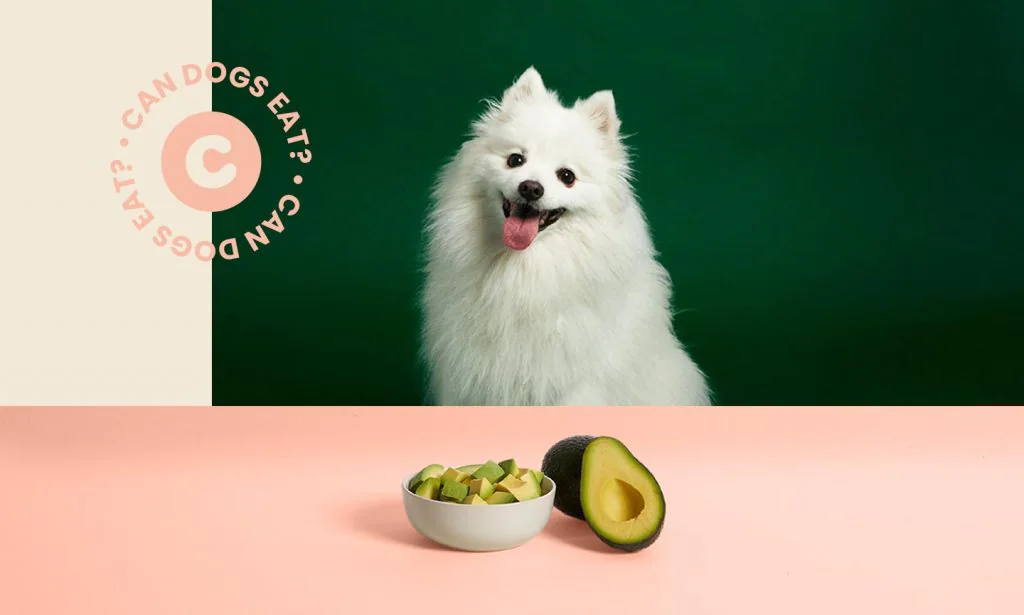avocado is a delicious fruit that is enjoyed by many people, but is it safe for dogs to eat? Some dog owners may be wondering if their furry friends can safely eat avocados. In this article, we will provide you with the answers to some of the most common questions about avocado consumption and whether or not it’s safe for dogs. We’ll also discuss some of the benefits and risks of feeding your dog avocados. ###
Are avocado safe for dogs?
Avocados are a healthy snack for dogs, but there are some precautions you should take to make sure they’re safe.
The avocado is a fruit and is high in potassium. Potassium helps regulate blood pressure and can help keep the heart running well. One small avocado provides about 15 percent of the daily recommended value of potassium for a dog.
However, avocados contain pitaya extract, which is considered toxic to dogs if ingested in large amounts. The pitaya extract can cause vomiting and diarrhea when consumed by dogs in significant quantities. As with all foods, be sure to give your dog a small amount and monitor them closely if they seem interested in consuming too much.
How much avocado can a dog eat?
Avocado is a fruit that can be eaten by both humans and dogs. The avocado is a good source of healthy fats, potassium, vitamin E, and vitamin C. However, like any other food for a dog, it should be given in moderation. Too much avocado can lead to weight gain and health problems if not consumed in the right way.
Dogs should only consume half an avocado at a time and should not eat them whole. If fed whole avocados, they may become sick from the seed inside the fruit. Dogs also need to be supplemented with nutrients if they are eating avocado on a regular basis because it is high in calories.
Will a small piece of avocado hurt my dog?

There are many benefits to giving your dog avocado. Avocados provide healthy fats and potassium which can help keep them energetic and healthy. However, there are also some risks associated with feeding your dog avocados. One potential issue is that avocados can cause digestion issues if not fed in moderation. Additionally, avocados contain natural oils that may be harmful to a dog’s coat. If you decide to give your dog avocado, be sure to feed them in moderation and monitor their health closely.
Can dogs eat avocado slices?
Avocados are a healthy addition to a dog’s diet, containing vitamin E, potassium, and fiber. However, like all fruits and vegetables, avocado slices should only be given in small amounts as part of a regular dog diet.
The main concern with avocado is the potential for allergies. If your dog has an allergy to avocados or any other plant foods, give them no more than a tiny bit of avocado slice as part of their regular diet. Additionally, avocados can be high in fat and calories so it’s important to monitor how much your dog is eating overall. Too much unhealthy fat will make them overweight and increase their risk for developing chronic diseases such as heart disease.
What foods are toxic to dogs?
When it comes to foods that are toxic to dogs, there are a few things to take into account. While some foods may be safe for small amounts, others can be harmful if consumed in large amounts. Some of the most common food items that can cause harm include grapes, raisins, nuts and seeds, chocolate, avocado, and onions.
According to the ASPCA website, consuming any of these items in large quantities can result in vomiting, diarrhea, and other gastrointestinal problems in dogs. In addition to being dangerous for your pet’s health, consuming these foods can also lead to nutritional deficiencies. Talk with your veterinarian about what specific foods are safe for your dog and watch out for any unusual symptoms when they’re eating them.
Are there any fruits that dogs can’t eat?
There are a few fruits that are considered off limits for dogs, but there are also a few that can be consumed with caution. Here is a list of fruits that should not be given to dogs:
Apples
Apricots
Bananas
Cherries
Grapes
Mangoes
Pears
Peaches
There are also a few fruits that should only be given to very small dogs or those that have been specifically trained not to eat certain types of fruit. These include: avocados, grapes, mangoes, and pears. Pets who consume these items can experience intestinal blockages or even death. Some citrus fruits—like oranges and tangerines—are acceptable for small dogs, but they should be avoided by larger breeds as they contain harmful levels of sugar.
What natural foods can dogs not eat?
Dogs cannot eat avocado because it is a fruit and contains sugar. Other fruits that dogs cannot eat include apples, bananas, cherries, grapes, honeydews, kiwifruits, mangos, nectarines, oranges, peaches, pears and plums.
Can dogs have bananas?
Bananas are a great choice for a dog’s healthy diet because they are high in potassium, fiber, and vitamin C. However, like all other foods, bananas should be given in moderation because they can also contain sugar. If your dog does get into bananas, limit their intake to just a few pieces per day.
There are some potential risks associated with feeding bananas to your dog. For example, they could develop kidney problems if too much potassium is ingested. Additionally, dogs who eat large quantities of bananas may become dehydrated and develop vomiting or diarrhea. Finally, banana skins can contain toxic compounds that can be harmful if consumed in large quantities by dogs.
Why can’t dogs eat pork?
Dogs and pork are not a good mix, as pork is high in fat which can be harmful to a dog’s health. Pork is also a type of meat that dogs cannot digest very well, leading to bloating, vomiting, and diarrhea. Additionally, some dogs may have an allergy to pork. While there may be some benefits to allowing your dog to eat avocado, it’s important to discuss the risks with your veterinarian first.
What should I do if my dog ate guacamole?
If your dog ate avocado, there are a few things you can do to help him feel better. First, try not to worry. A small percentage of dogs will develop an allergic reaction to avocados, but most will simply experience some diarrhea and vomiting. If these symptoms persist or worsen, seek veterinary attention.
If your dog has eaten a moderate amount of avocado and is otherwise acting normal, give him some water and plenty of fresh air. If he has vomited or had diarrhea, keep him hydrated and feed him bland foods until his symptoms subside. Be sure to monitor him closely for any other signs of illness such as fever, lethargy, or difficulty breathing.
Is watermelon OK for dogs?
Watermelon is technically a fruit, but it can be eaten by dogs as long as the ingredient list doesn’t contain any harmful things. It’s important to note that watermelon shouldn’t be fed in large quantities, as it could lead to an overload of sugar in the dog’s system. Some people advocate giving their dog grapes instead, as grapes are packed with nutrients that are good for dogs.
What does mean when dog licks you?
Dogs lick humans for many reasons, such as to receive attention, to get food or drink, or to clean themselves. Avocado is a popular item for dogs to lick and can be harmful if ingested in large quantities. Here are the benefits and risks of giving your dog avocado:
Benefits of Giving Your Dog Avocado
Giving your dog avocado may provide some benefits, including reducing inflammation and helping reduce pet allergies. Avocados are high in monounsaturated fats, which may help reduce the risk of heart disease in dogs and cats. Additionally, avocados are a good source of potassium and vitamin E.
Risks of Giving Your Dog Avocado
There is also a risk of giving your dog avocado if ingested in large quantities. Large amounts of avocado can be harmful to your dog’s health because it contains high levels of fat and cholesterol. Additionally, avocados contain skin-tingling agents that may cause discomfort and vomiting when ingested by a dog.
Can dogs eat popcorn?
Popcorn is a food that can be enjoyed by both dogs and humans, but there are some caveats to note before giving your pup a bowl of the snack.
First, popcorn is high in sugar and calories which can be detrimental to your dog’s health. Secondly, popcorn contains small pieces of unidentifiable objects that could cause gastrointestinal problems if ingested in large quantities. Finally, popcorn is a corn-based product which may contain traces of gluten, another grain that can cause allergies in some dogs.
Can dogs eat ice cream?
There’s no one definitive answer to whether dogs can eat ice cream, as there are a variety of factors that need to be considered, such as the dog’s size and health. However, most experts believe that providing your dog with frozen treats in moderation is generally safe, provided they’re made from healthy ingredients.
Ice cream can provide your dog with plenty of nutrients and calories, as well as helping to satisfy their sweet tooth. While some studies suggest that consuming large quantities of ice cream can lead to health problems in some dogs, such as obesity or heart disease, others have shown that moderate consumption is generally safe. If you’re unsure whether your dog can safely consume ice cream, speak with a veterinarian before giving them any frozen treats.
Can dogs eat potatoes?
Yes, dogs can theoretically eat potatoes. However, their digestive system is not as efficient as a human’s, so they may experience some digestive problems if they consume large quantities of potatoes. Additionally, potatoes are high in starch and sugar, which can be unhealthy for dogs. In general, moderation is key when it comes to feeding your dog foods containing carbohydrates or sugar.

